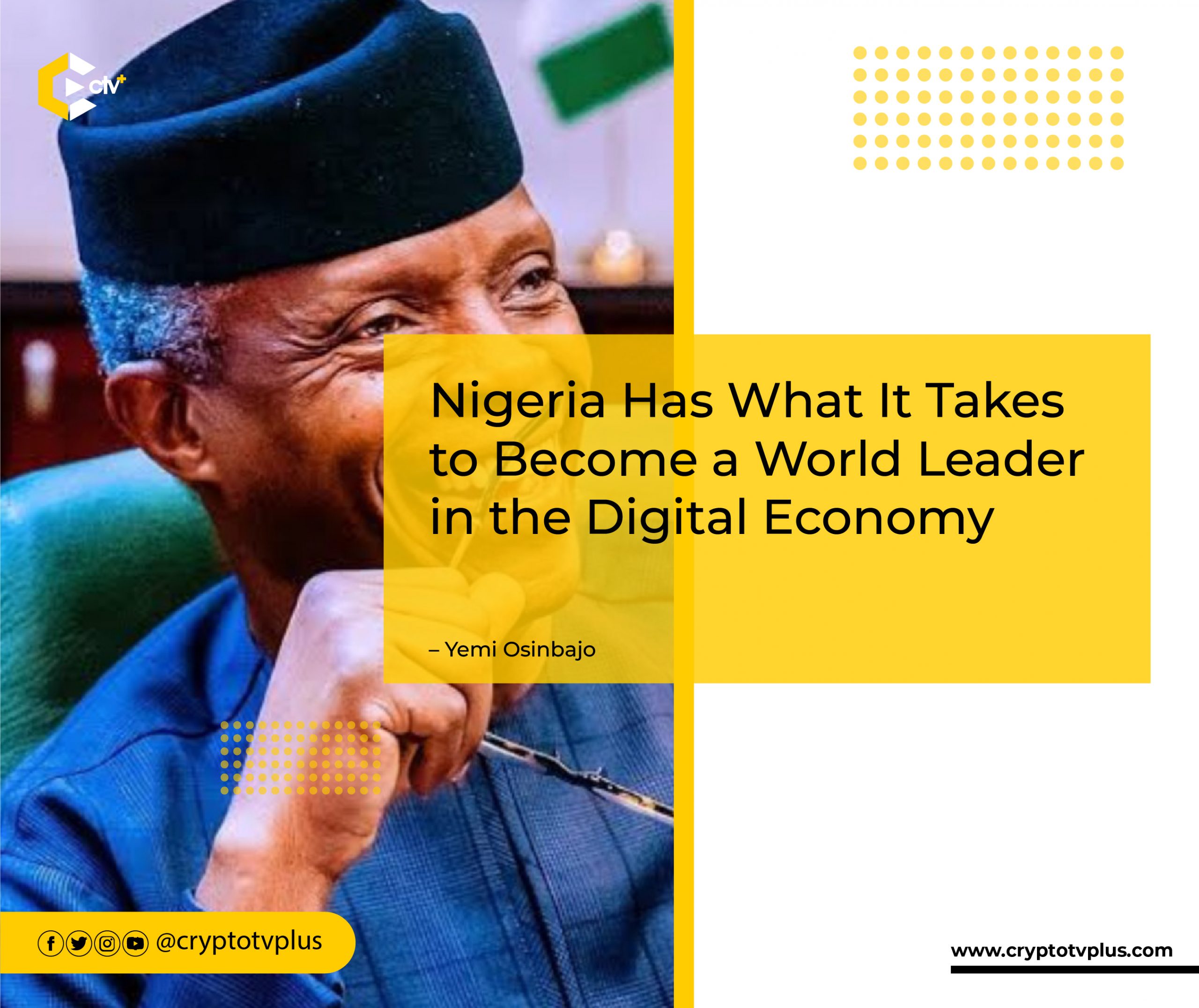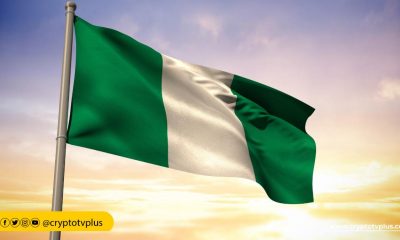FEATURED
Nigeria Has What It Takes to Become a World Leader in the Digital Economy – Yemi Osinbajo

Nigeria’s Vice President, Professor Yemi Osinbajo, at the 3rd Annual Nigeria Digital Economy Summit (NDES) 2022, said that Nigeria has the creativity and required talents to chair the digital economy as the world leader.
The event themed “Web 3.0, Blockchain & DeFi: Impact on Africa’s Digital Economy,” had the Vice President detail the notable advancements recorded in web applications. He mentioned that with the right strategy, policy, and human capital in the country, Nigeria could become a world leader in technology, “We can actually become world leaders in digital technology in all its various ramifications,” he said.
Nigeria Digital Economy Summit (NDES) is a public-private partnership forum with private funding and aims to cheer Nigeria’s digital transformation into a leading global digital economy.
The future of technology
Prof. Osinbajo, who doubled as the Keynote Speaker and Special Guest of honour at the event, emphasized where technology and the economy are headed globally and specifically, what it means for Nigeria. “A whole new world is unfolding before our very eyes, unlike Web 1 and 2 where we were relatively disadvantaged. In 1989 we didn’t have mobile phones so we could not take advantage of the reach and depth that mobile telecoms gave digital innovation and financial inclusion. However, we are now better positioned to be significant players in Web 3,” he established.
The Vice President believes that Nigeria has the talents it takes to grow major tech companies, pointing out that the nation has to give in to the development of digital skills. He stated that government policy should synergize with the private sector and ahead of development to activate the digital economy revolution.
“We must think through and develop appropriate policies and regulations that promote, rather than inhibit innovation and commerce. We can be world leaders in the Web3 revolution. The only limit is our vision.” –Vice President, Yemi Osibanjo.
The Vice President commended Eyowo, a local Nigerian tech company that built the technology platform deployed in the implementation of the microcredit schemes such as TraderMoni and MarketMoni.
Digitization in the public sector
Web3 will enable government services and agencies to become digitized, making them smarter, faster, and more efficient in delivering their services, the Vice President agreed. “But I think most importantly, digitising government processes and services is a sleeping commercial giant. The whole range of government services will provide several opportunities for innovation,” he said.
He disclosed that the category of licenses given to some FinTech companies by the Central Bank of Nigeria (CBN) was cheaper compared to the normal cost of traditional banking licenses by the CBN, and that, he said, is a good example of how government policy can aid innovation and economic growth. “From a policy perspective here in Nigeria, we may need to again expand the range of banking licenses available to enable more players in the financial mediation value chain,” he added.
Prof. Yemi Osinbajo highlighted that we are currently in the young days of Web3.0 with blockchain technology, smart contracts, DEFI (Decentralized Finance), and NFTs as its components. He advised central banks to rethink their roles as blockchain is set to challenge centralization. He said, “even central banks will have to rethink their roles since blockchain will challenge the centralization of monetary authority with its clear imperfections. Who knows, we might actually be in the last days of the central banking system as we know it.”
Read Also
Bitcoin Will Crash If This Happens
How to trade in the bear market – IB MacDonald
How to overcome development challenges of the metaverse
How to make profit in a bearish market
What do you think of this article? Share comments below.

























Pingback: Nigeria Has What It Takes to Become a World Leader in the Digital Economy – Yemi Osinbajo by Ifeoma Joy Okorie – CryptoTvplus Events: NFT, DeFi, Bitcoin, Ethereum, Altcoin Events